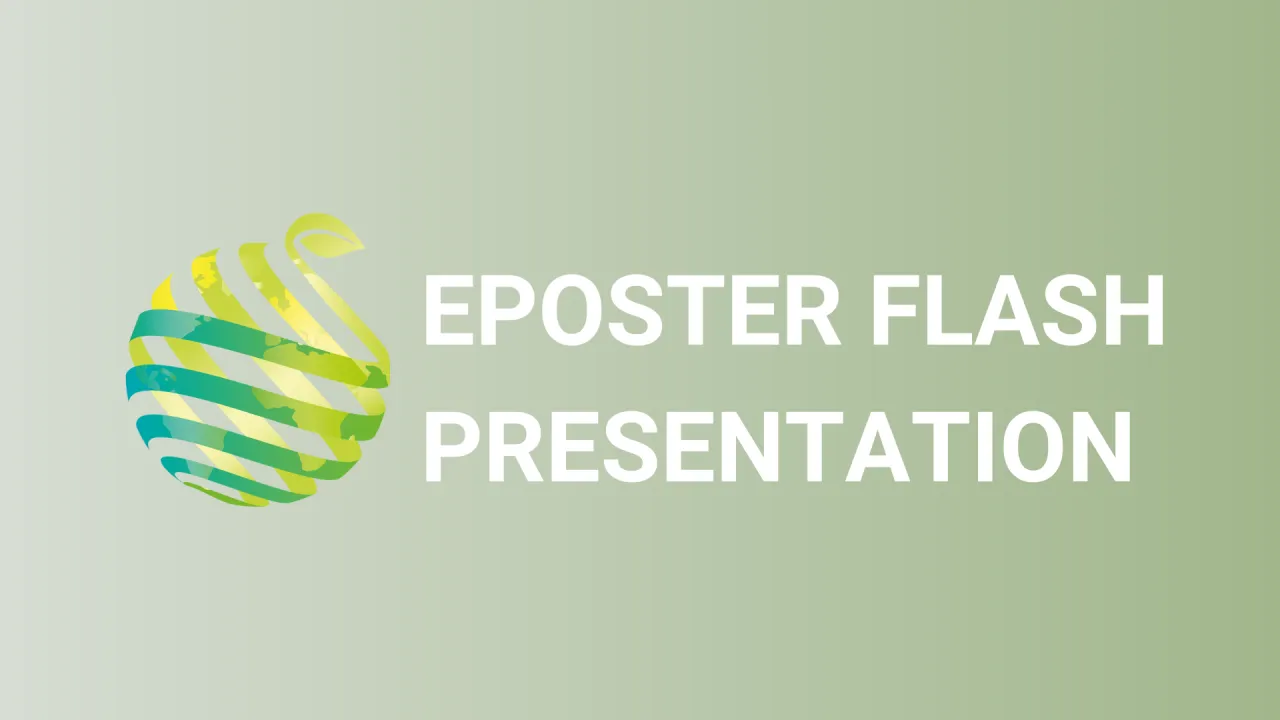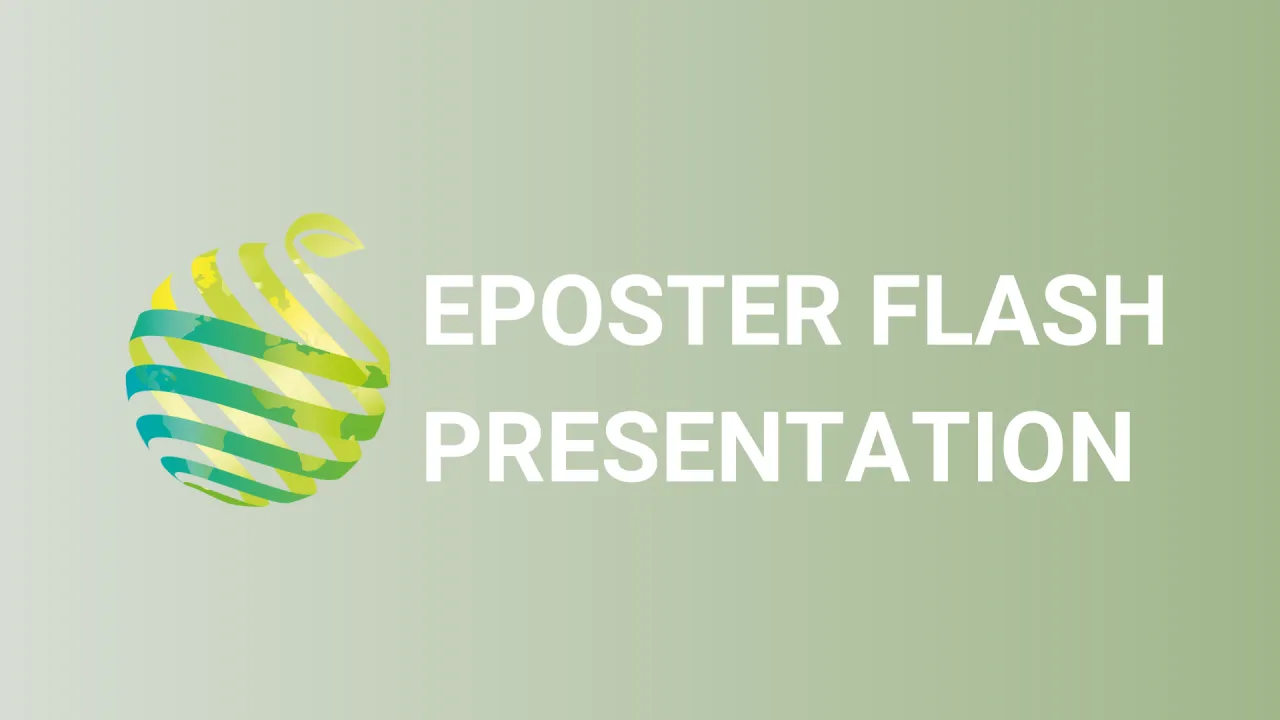

S12 - Session P3 - Apricot water relation and fruit growth under progressive water stress conditions
Information
Authors: Melissa Venturi *, Andrea Giovannini, Saray Gutierrez-Gordillo, Luigi Manfrini, Luca Corelli Grappadelli, Brunella Morandi
Apricot ( Prunus armeniaca L.) is among the most cultivated fruit worldwide, appreciated for its taste and appearance. Previous studies on the application of RDI strategies have demonstrated how this species can successfully respond to water stress, also increasing some qualitative traits. This work aims to investigate the physiological response of plants in absence of irrigation water during the last month before harvest. A total of 12 plants were considered in this study, 6 subjected to stress and 6 control, divided in two blocks per treatment. Stem and leaf water potentials and leaf gas exchanges were measured every 2/3 days while sap flow and fruit vascular flows data were registered every 15 minutes during the trial. Leaf water potential did not show differences between the two treatments, while stem water potential reached statistically significant lower values during the whole period. In the stressed plants, the photosynthetic rate was not affected, while transpiration and stomatal conductance presented lower values towards the harvest. The sap flow progressively decreased, reaching values four times lower with respect to the control. Fully irrigated plants were able to transpire more, with higher xylem and phloem inflow. However, fruit quality traits were similar in the two treatments, with the only difference in the chlorophyll degradation level meaning that the fruit slightly delayed maturity. The total phenolic content after two weeks from the beginning of the trial showed statistically significant higher values in the stressed plants which were maintained until the harvest. These results lead to the conclusion that apricot can afford important water shortages without negative impacts on productivity, increasing its water use efficiency.